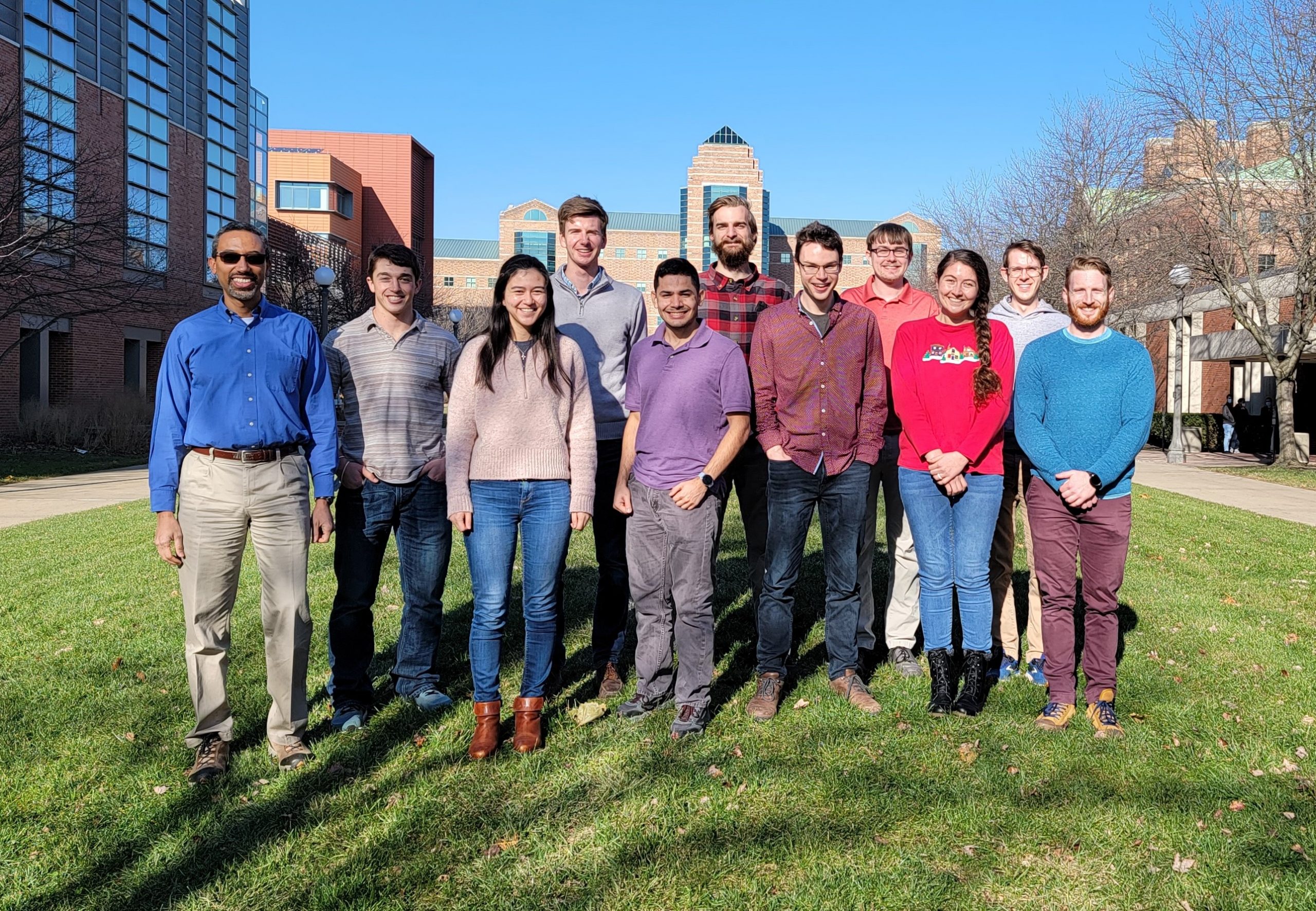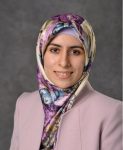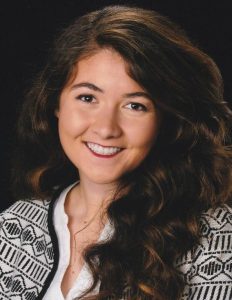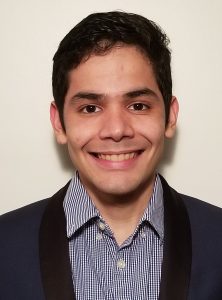
Back Row (left to right): Phil, Reid, Kurt, Dylan, Chris A.
Front Row: Dr. Alleyne, Kayla, Frank, Chris U., Cary, Spencer (Not pictured: Nate)
Postdoctoral
Zahra Marvi
 With tremendous acceleration in electrified mobility (e-mobility), high-level coordination and control and getting the best out of the energy system are crucial. However, multi-domain safety-critical control, and system complexity make it an inherently challenging problem. As a postdoctoral associate, I am currently investigating the design of intelligent control and safe coordination of energy systems inspired by multi-agent techniques.
With tremendous acceleration in electrified mobility (e-mobility), high-level coordination and control and getting the best out of the energy system are crucial. However, multi-domain safety-critical control, and system complexity make it an inherently challenging problem. As a postdoctoral associate, I am currently investigating the design of intelligent control and safe coordination of energy systems inspired by multi-agent techniques.
Ph.D. Students
Cary Laird: Control and Design Optimization of Electro-Thermal Energy Storage Systems
 Vehicle power systems commonly experience load profiles with high peak-to-average power levels, necessitating power-dense electrical energy storage systems. Due to the inherent coupling of electrical and thermal domains, these electrical loads generate high peak power thermal loads which are often too burdensome for traditional cooling systems. For these types of loads, hybrid energy storage systems have been utilized, which combine dissimilar energy storage elements into a single system with improved power and energy density. My research focuses on hybrid electro-thermal energy storage systems and the development of control and design strategies thereof in order to improve the power density and high peak power performance of vehicle systems.
Vehicle power systems commonly experience load profiles with high peak-to-average power levels, necessitating power-dense electrical energy storage systems. Due to the inherent coupling of electrical and thermal domains, these electrical loads generate high peak power thermal loads which are often too burdensome for traditional cooling systems. For these types of loads, hybrid energy storage systems have been utilized, which combine dissimilar energy storage elements into a single system with improved power and energy density. My research focuses on hybrid electro-thermal energy storage systems and the development of control and design strategies thereof in order to improve the power density and high peak power performance of vehicle systems.
Reid Smith: Modeling and Control Optimization for Hybrid-Electric Vehicles
 Hybrid-electric vehicles for high payload, long-range applications introduce new challenges into electro-thermal control due to a dramatic increase in power requirements when compared to short-range electric and hybrid-electric vehicles. As these vehicles utilize turbomachinery, drive motors, cooling cycles, and energy storage systems, the corresponding control optimization presents multi-domain, multi-timescale challenges. Reid’s current work focuses on modeling the electrical and thermal dynamics of each subsystem, while his future work will be to design and validate a control architecture for this hybrid-electric vehicle power management system.
Hybrid-electric vehicles for high payload, long-range applications introduce new challenges into electro-thermal control due to a dramatic increase in power requirements when compared to short-range electric and hybrid-electric vehicles. As these vehicles utilize turbomachinery, drive motors, cooling cycles, and energy storage systems, the corresponding control optimization presents multi-domain, multi-timescale challenges. Reid’s current work focuses on modeling the electrical and thermal dynamics of each subsystem, while his future work will be to design and validate a control architecture for this hybrid-electric vehicle power management system.
Kayla Russell: Modeling and Control Optimization for Aircraft

With the increase of on-board electronics and avionics implemented on aircraft, the electrical power demand from aircraft drastically increases which results in excess heat generation and a need for more advanced thermal management systems. My current research is to create a control-oriented models of a vapor compression system, a common refrigeration system on aircraft. These models will be used to help improve the existing hierarchical model predictive control framework for aircraft, resulting in safer and more efficient air travel.
M.S. Students
Frank Andujar Lugo: Distributed Optimization and Control of Thermal Storage Resources for Complex Grid Networks

Improving energy storage is the critical to ensuring a more responsive, resilient and sustainable energy grid.One of the biggest challenges of this future will be the effective management of the distributed storage. My research focuses on how hierarchical model predictive control (MPC) can be used as a tool to coordinate thermal storage systems with the requirements of the individual buildings and the grid they form a part of. My current efforts revolve around creating control friendly models that connect buildings, thermal storage, and the HVAC systems within the building and the broader network. This model will be used to learn about the system performance when controlled through hierarchical MPC.